Couples Therapy: Strengthening Bonds During Fertility Challenges

Fertility challenges can place immense emotional strain on even the strongest relationships. The stress of medical treatments, uncertainty, and unfulfilled dreams can lead to feelings of frustration, sadness, and isolation between partners. However...
Fertility challenges can place immense emotional strain on even the strongest relationships. The stress of medical treatments, uncertainty, and unfulfilled dreams can lead to feelings of frustration, sadness, and isolation between partners. However, navigating this journey together can deepen emotional connection and strengthen your relationship. Couples’ therapy offers powerful tools to foster communication, empathy, and resilience during this challenging time.
Why Fertility Challenges Impact Relationships
Fertility struggles affect more than just the physical aspect of conception—they touch every corner of a couple’s life.
• Emotional Stress: Feelings of grief, guilt, or self-blame can create emotional distance.
• Communication Struggles: Difficult conversations about treatment options or emotional pain may be avoided to “protect” each other.
• Uneven Coping Styles: One partner may focus on problem-solving, while the other needs emotional validation, leading to misunderstandings.
• Financial Pressure: Fertility treatments can be costly, leading to tension over financial planning and decision-making.
Acknowledging these challenges is the first step toward healing as a team.
How Couples’ Therapy Can Help During Fertility Treatments
Couples’ therapy provides a safe space for both partners to express their feelings, fears, and hopes while learning how to support one another more effectively.
1. Improves Communication:
• Teaches active listening techniques.
• Encourages honest sharing of fears and frustrations.
• Helps partners express emotional needs without blame.
2. Rebuilds Emotional Intimacy:
• Encourages vulnerability and openness.
• Helps partners reconnect beyond the fertility struggle.
• Explores ways to maintain affection and closeness during stress.
3. Aligns Expectations and Decision-Making:
• Facilitates discussions on treatment options and next steps.
• Clarifies long-term goals and shared values regarding family building.
4. Provides Coping Tools:
• Teaches stress management techniques like mindfulness and journaling.
• Helps partners support one another through difficult news or unsuccessful cycles.
Therapy isn’t just for crisis moments — it can strengthen even healthy relationships during difficult times.
Tips for Staying Connected During Fertility Challenges ❤️
Even outside of therapy, small daily actions can help nurture your relationship during this journey:
❤ Create Rituals of Connection:
• Share a morning walk or weekly date night.
• Celebrate small victories together, like completing a treatment cycle.
❤ Express Gratitude Regularly:
• Leave thoughtful notes.
• Verbally acknowledge each other’s support and strength.
❤ Set Boundaries Around Fertility Talk:
• Designate “treatment-free” conversations.
• Balance emotional discussions with moments of lightheartedness.
❤ Practice Teamwork:
• Approach treatments as a shared journey, not an individual struggle.
• Attend appointments together when possible.
Remember, you’re both on the same team. Facing challenges together can deepen your bond.
Finding the Right Couples’ Therapist for Fertility Support
Choosing a professional familiar with fertility challenges can make therapy even more effective. When searching for a therapist, consider:
• Experience with Infertility: Therapists specializing in reproductive health understand the emotional complexities of fertility care.
• Communication Style: Find someone both partners feel comfortable with.
• Holistic Approach: Some therapists incorporate stress reduction techniques like meditation or guided visualization.
How RCA Supports Emotional Wellness Alongside Fertility Care
At Reproductive Centers of America, we believe fertility care goes beyond medical treatment. Our compassionate approach includes:
• Referrals to Fertility-Focused Counselors: Access to trusted therapists experienced in fertility-related challenges.
• Support Groups: Connect with other couples on similar journeys.
• Holistic Care Options: Wellness services, including stress management workshops.
You’re not alone. Emotional support is just as important as medical care during fertility treatments .
Strengthen Your Relationship - Together
Facing fertility challenges as a couple requires teamwork, patience, and mutual care. Couples’ therapy can be a transformative tool, helping you grow stronger together while navigating this deeply personal journey.
Why Fertility Challenges Impact Relationships
Fertility struggles affect more than just the physical aspect of conception—they touch every corner of a couple’s life.
• Emotional Stress: Feelings of grief, guilt, or self-blame can create emotional distance.
• Communication Struggles: Difficult conversations about treatment options or emotional pain may be avoided to “protect” each other.
• Uneven Coping Styles: One partner may focus on problem-solving, while the other needs emotional validation, leading to misunderstandings.
• Financial Pressure: Fertility treatments can be costly, leading to tension over financial planning and decision-making.
Acknowledging these challenges is the first step toward healing as a team.
How Couples’ Therapy Can Help During Fertility Treatments
Couples’ therapy provides a safe space for both partners to express their feelings, fears, and hopes while learning how to support one another more effectively.
1. Improves Communication:
• Teaches active listening techniques.
• Encourages honest sharing of fears and frustrations.
• Helps partners express emotional needs without blame.
2. Rebuilds Emotional Intimacy:
• Encourages vulnerability and openness.
• Helps partners reconnect beyond the fertility struggle.
• Explores ways to maintain affection and closeness during stress.
3. Aligns Expectations and Decision-Making:
• Facilitates discussions on treatment options and next steps.
• Clarifies long-term goals and shared values regarding family building.
4. Provides Coping Tools:
• Teaches stress management techniques like mindfulness and journaling.
• Helps partners support one another through difficult news or unsuccessful cycles.
Therapy isn’t just for crisis moments — it can strengthen even healthy relationships during difficult times.
Tips for Staying Connected During Fertility Challenges ❤️
Even outside of therapy, small daily actions can help nurture your relationship during this journey:
❤ Create Rituals of Connection:
• Share a morning walk or weekly date night.
• Celebrate small victories together, like completing a treatment cycle.
❤ Express Gratitude Regularly:
• Leave thoughtful notes.
• Verbally acknowledge each other’s support and strength.
❤ Set Boundaries Around Fertility Talk:
• Designate “treatment-free” conversations.
• Balance emotional discussions with moments of lightheartedness.
❤ Practice Teamwork:
• Approach treatments as a shared journey, not an individual struggle.
• Attend appointments together when possible.
Remember, you’re both on the same team. Facing challenges together can deepen your bond.
Finding the Right Couples’ Therapist for Fertility Support
Choosing a professional familiar with fertility challenges can make therapy even more effective. When searching for a therapist, consider:
• Experience with Infertility: Therapists specializing in reproductive health understand the emotional complexities of fertility care.
• Communication Style: Find someone both partners feel comfortable with.
• Holistic Approach: Some therapists incorporate stress reduction techniques like meditation or guided visualization.
How RCA Supports Emotional Wellness Alongside Fertility Care
At Reproductive Centers of America, we believe fertility care goes beyond medical treatment. Our compassionate approach includes:
• Referrals to Fertility-Focused Counselors: Access to trusted therapists experienced in fertility-related challenges.
• Support Groups: Connect with other couples on similar journeys.
• Holistic Care Options: Wellness services, including stress management workshops.
You’re not alone. Emotional support is just as important as medical care during fertility treatments .
Strengthen Your Relationship - Together
Facing fertility challenges as a couple requires teamwork, patience, and mutual care. Couples’ therapy can be a transformative tool, helping you grow stronger together while navigating this deeply personal journey.









